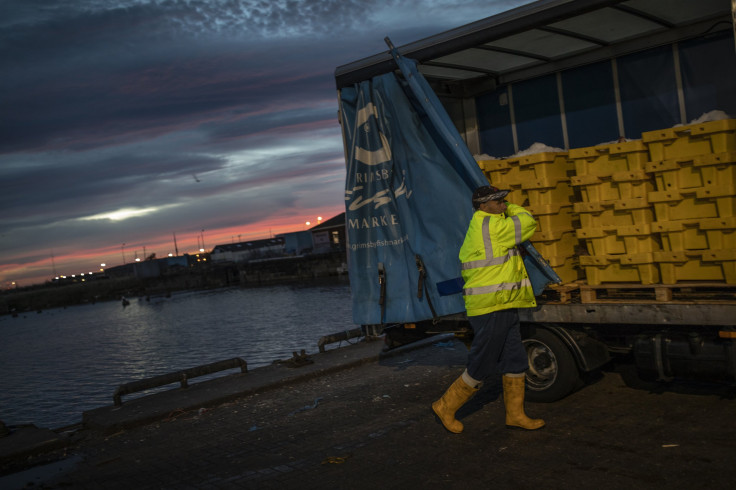Logistics Platform Completes Blockchain-Based Shipment Using Smart Contracts

DexFreight, a decentralized logistics platform, announced Wednesday it has completed its first blockchain-based shipment using smart contracts. The platform allowed the shipper and carrier to directly connect, negotiate rates, and schedule pickup and delivery. Funds for the transaction were held in escrow by the smart contract and were automatically released to the carrier upon delivery.
The shipment carrying frozen food was brought from Preferred Freezer Services in Medley, Florida, to Manny’s Enterprises in Sunrise, Broward County, Florida, Oct.15. For this shipment, dexFreight partnered with Netuno USA, seafood wholesalers; Arel Trucking, an asset-based motor carrier; and RSK, the smart contract platform secured by bitcoin.
“This is a huge milestone towards an imminent transformation of the logistics industry through the adoption of blockchain technology. Our platform aims for a truly decentralized model, open to all the stakeholders, and allowing for a new world of services that will bring much-needed optimization and liquidity to this industry," said Rajat Rajbhandari, CEO and cofounder of dexFreight, in the press release.
DexFreight said that it features the "industry-first blockchain-based verified identity" and boasts certain key performance indicators such as on-time pick-up and delivery, on-time payments, loading and unloading times, and freight claims. Recording transactions on smart contracts ensure carriers who integrate with the technology can be paid reliably. Also, using blockchain for logistics assures transparency and would attract competition in the industry.
“With dexFreight, we have transparency into loads we’re shipping all over the U.S. based on honest and accurate information that is beneficial for our operation and our customers,” said Luciano Bonaldo, president and co-founder of Netuno USA Inc.
Blockchain is also integrated with other companies, such as Walmart, which uses blockchain to keep track of its pork— sourced from China. The blockchain records each piece of meat, its origin, processed date, stored date and sell-by-date. Unilever, Nestle, Tyson, and Dole also use blockchain for similar purposes.
De Beers, an international corporation that specializes in diamond exploration, uses blockchain to track stones from the time they are minded right up to the time when they are sold to consumers. This assures the company avoids conflict and assures the consumers that they are buying the genuine stones.
When it comes to supply chain, DB Schenker, the German rail operator of Deutsche Bahn that focuses on logistics, co-developed a decentralized application in June for supplier evaluation using the VeChainThor blockchain platform — a blockchain platform for decentralized applications. "This is the first time that Blockchain is used for supplier management purposes," the VeChain Foundation said on the Medium blog post.
© Copyright IBTimes 2024. All rights reserved.




















